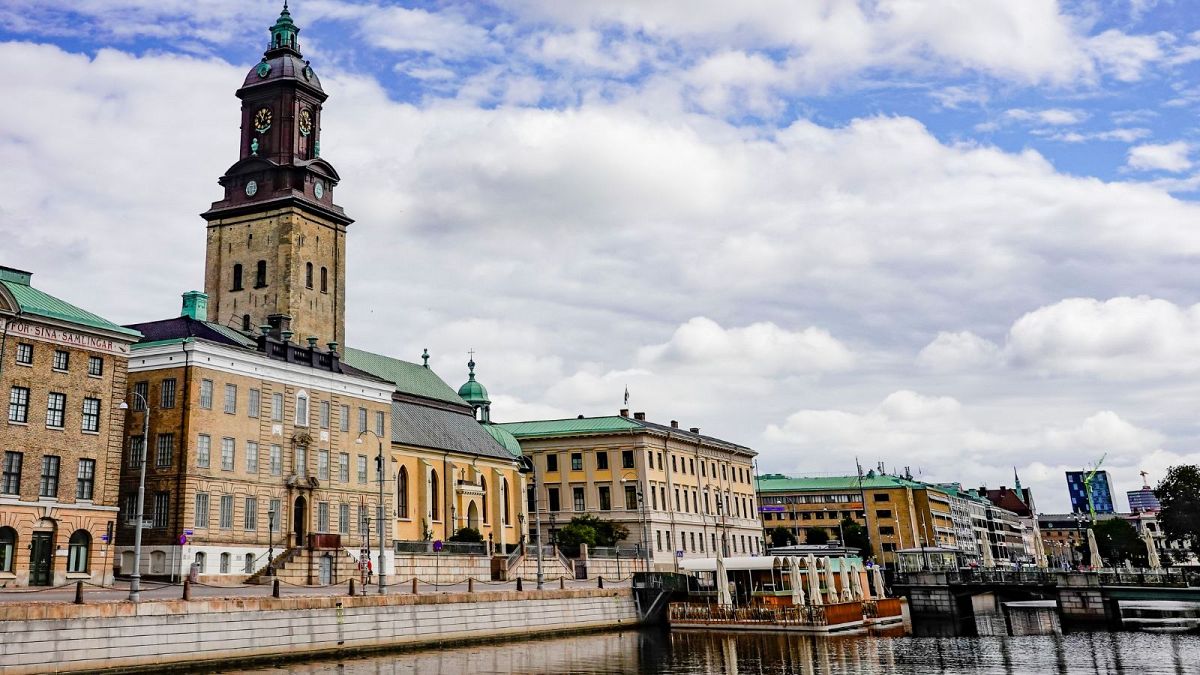The council is holding itself to strict standards on energy and EVs as it seeks to be close to carbon-free by 2030.
The Swedish city of Gothenburg has put itself in the unusual situation of being fined for missing environmental targets.
Sweden’s second biggest city is believed to be the first local government in the world to take out a “sustainability linked loan” or SLL. This type of financing requires the borrower to meet agreed environmental and social goals each year or face financial penalties
Under the terms of the arrangement the City of Gothenburg made with six banks in 2022, it must do three green things: reduce energy use in all premises, decarbonise its vehicle fleet, and increase renewable district heating. Its fourth social goal is to improve the city’s poorest areas.
Having missed its target for switching to renewable energy in 2024, the council is about to be fined around 100,000 kroner (€9,000). However, this is offset by the discounts it is getting – on the annual fee it pays for the loan – by hitting the energy usage and social improvement targets.
Although the council missed its vehicle electrification goal too, it didn’t do so by enough to be fined.
Why does the City of Gothenburg have an SSL?
“The purpose of this type of loan is to show how good the city’s sustainability work is, and to measure it every year,” explained Fredrik Block, who is in charge of the City of Gothenburg’s debt portfolio.
“It will be a stamp of quality and it makes it easier for us to get capital, as we continuously borrow via the capital market, mainly by issuing green bonds,” he told Vårt Göteborg, the council’s official newspaper.
This is the third year in a row that the city has received a discount, which can be a maximum of SEK 400,000 if all four goals are met. But the savings have decreased every year, Block notes, and are now at their lowest level.
The local authority deliberately set “ambitious” targets, he told the BBC. “You aim high, and you get the whole organisation to strive towards that target. We are not proceeding as fast as we expected, but we are taking one step at a time.”
What environmental progress is Gothenburg making?
The City of Gothenburg met its first goal of reducing energy use in its premises, albeit by a slimmer margin this year than in previous years. It did this by reusing energy, as well as cutting down on the energy its buildings consume.
The second goal, to increase renewable district heating from the city’s district heating plants, was harder to stick to in 2024.
“The prices of renewable electricity became so high that they chose to use nuclear power instead. It is fossil-free but not renewable,” Block explained.
“But in 2025, renewable electricity will be purchased, which means that Göteborg Energi believes that they will meet the goal that district heating by 2025 will be produced from 100 percent renewable fuels.”
As for its vehicles, the goal of going fully electric has yet to be met. But 2024 saw the council upgrade its fleet to 87.6 per cent electric models.
The ultimate aim is still to be close to carbon-free by 2030, Block said.
“We’re actually not doing it for the money,” he told the BBC. “We want to show to the world how it is – that these are the problems, and these are the good things.”

